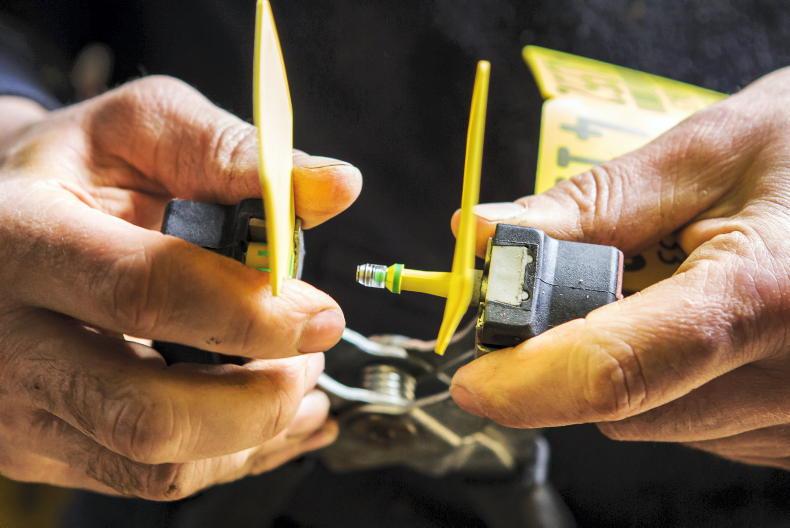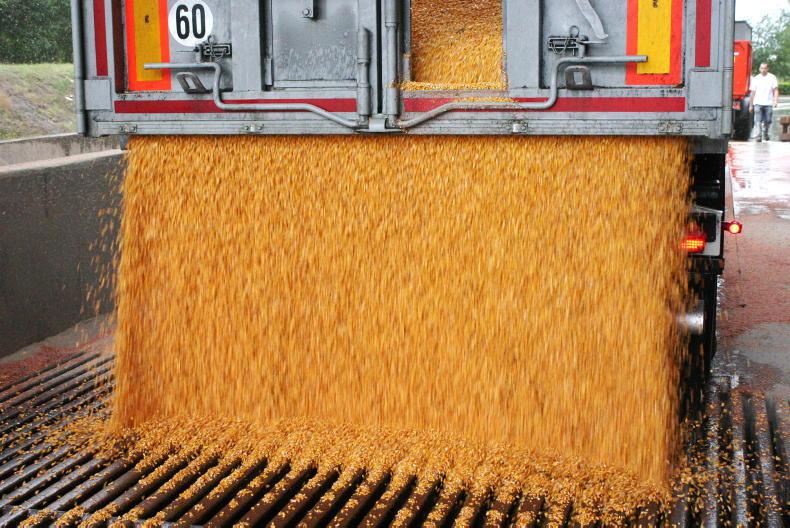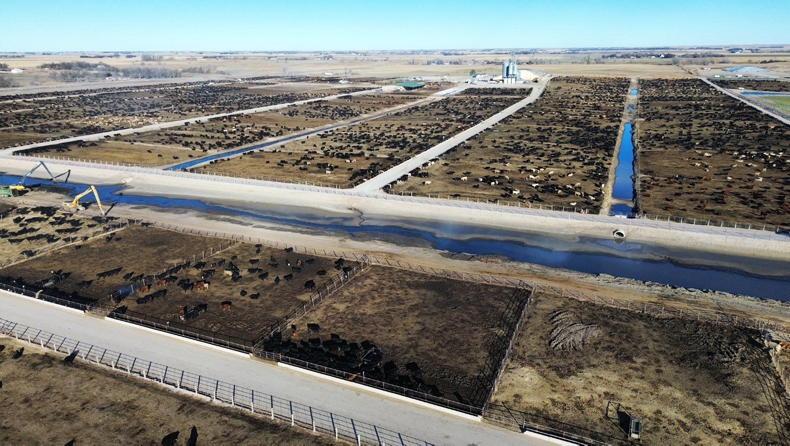The decision by Sainsbury’s and other European supermarkets to sever all links with Brazilian beef because of links to rainforest clearance has again put the spotlight on the Brazilian cattle and meat processing industry.
The decision, which has been widely reported in the media, is based on the fact that the absence of lifetime cattle traceability in Brazil means that cattle that have been raised on Amazon lands can be “laundered” through what are considered “clean slate” farms, which are farms that have no connection with the Amazon.
The lack of traceability and how beef is produced in Brazil was investigated and reported on by the Irish Farmers Journal as far back as 2007.
Traceability
Now a decade and a half later, investigative reporting and analysis by Repórter Brasil suggests that the Brazilian cattle and meat processing industry is a free-for-all when it comes to knowing the origin of cattle entering the food chain.
Repórter Brasil was founded by journalists in 2001 and its mission is to “identify and publicise situations that violate labour rights and cause social and environmental damage in Brazil”.
From this distance, it is impossible to critically appraise its analysis on the functioning of farming and meat processing in Brazil.
However, in relation to one point about cattle traceability being flawed if it isn’t lifetime, that is beyond dispute and is as applicable in Ireland as it is in Brazil.
For over two decades now, lifetime cattle identification has been a legal requirement in the EU, with any movements to marts or other farms being recorded on a national database.
Lifetime required
The EU is an outlier in this respect with the requirement for lifetime identification and traceability on all EU cattle. It isn’t a national requirement in most of the large cattle-producing countries in the world including the USA.

Irish calves have to be registered and tagged within 28 days of birth. / Philip Doyle
The EU also doesn’t insist on exporters of beef to the EU having this level of lifetime animal traceability in place.
In what is an extremely comprehensive approval and auditing process for imported beef to the EU, the one major gap is that the exporting country doesn’t have to have lifetime animal traceability.
The multiple reports of rainforest clearance in Brazil and gaps in the traceability system has persuaded major retail brands to take action by delisting.
Yet, up until this year when it was leapfrogged by Uruguay, Brazil was the EU’s largest source of beef imports, supplying 58.4m tonnes between January and September 2021.
Lifetime tagging and recording of movements is a requirement for EU farmers, it should also be a requirement for everywhere the EU trades with.
The decision by Sainsbury’s and other European supermarkets to sever all links with Brazilian beef because of links to rainforest clearance has again put the spotlight on the Brazilian cattle and meat processing industry.
The decision, which has been widely reported in the media, is based on the fact that the absence of lifetime cattle traceability in Brazil means that cattle that have been raised on Amazon lands can be “laundered” through what are considered “clean slate” farms, which are farms that have no connection with the Amazon.
The lack of traceability and how beef is produced in Brazil was investigated and reported on by the Irish Farmers Journal as far back as 2007.
Traceability
Now a decade and a half later, investigative reporting and analysis by Repórter Brasil suggests that the Brazilian cattle and meat processing industry is a free-for-all when it comes to knowing the origin of cattle entering the food chain.
Repórter Brasil was founded by journalists in 2001 and its mission is to “identify and publicise situations that violate labour rights and cause social and environmental damage in Brazil”.
From this distance, it is impossible to critically appraise its analysis on the functioning of farming and meat processing in Brazil.
However, in relation to one point about cattle traceability being flawed if it isn’t lifetime, that is beyond dispute and is as applicable in Ireland as it is in Brazil.
For over two decades now, lifetime cattle identification has been a legal requirement in the EU, with any movements to marts or other farms being recorded on a national database.
Lifetime required
The EU is an outlier in this respect with the requirement for lifetime identification and traceability on all EU cattle. It isn’t a national requirement in most of the large cattle-producing countries in the world including the USA.

Irish calves have to be registered and tagged within 28 days of birth. / Philip Doyle
The EU also doesn’t insist on exporters of beef to the EU having this level of lifetime animal traceability in place.
In what is an extremely comprehensive approval and auditing process for imported beef to the EU, the one major gap is that the exporting country doesn’t have to have lifetime animal traceability.
The multiple reports of rainforest clearance in Brazil and gaps in the traceability system has persuaded major retail brands to take action by delisting.
Yet, up until this year when it was leapfrogged by Uruguay, Brazil was the EU’s largest source of beef imports, supplying 58.4m tonnes between January and September 2021.
Lifetime tagging and recording of movements is a requirement for EU farmers, it should also be a requirement for everywhere the EU trades with.











SHARING OPTIONS